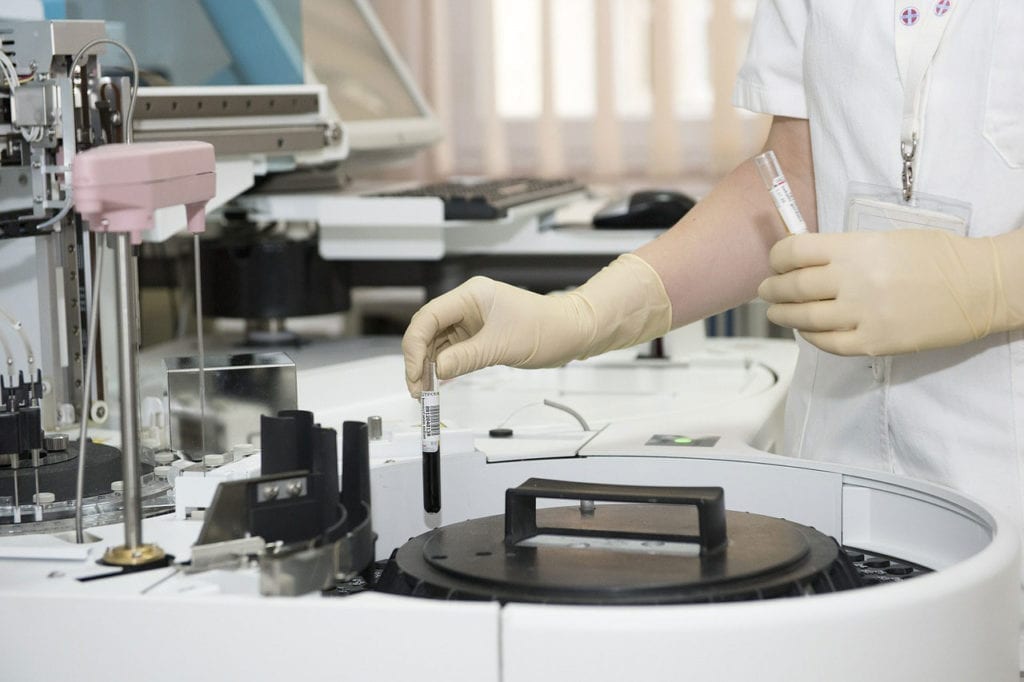According to a story from shrewsbury.wickedlocal.com, biomarker testing has now become an important step for the treatment of cancer. In the past, most cancer treatments were based on where the tumor first appeared, but it is becoming more common for tumors to be treated based on their genetic characteristics. These genetic patterns are examples of biomarkers, which are indicators used to gather important information about the state of a patient’s disease.
Informing Treatment
In the treatment of cancers, biomarker testing is conducted with the goal of identifying any genetic changes that have occurred within a cancer tumor. These changes are important for physicians to identify as they can help doctors know which treatment might be the most effective. There are a number of different gene variants that are relevant to treatment.
One such example is neurotrophic tyrosine receptor kinase (NTRK) fusions. These genetic alterations are found in a wide variety of solid tumor cancers, including some rare cancers. In fact, it is almost always found in certain rare cancers of the salivary gland. A patient with a tumor that tests NTRK positive would a possible candidate for treatment with entrectinib (marketed as Rozlytrek), which only recently was cleared for use by the US Food and Drug Administration (FDA).
A Decisive Impact
Biomarker testing can either specifically seek for a certain genetic variant or search for a larger number all at the same time. These tests are a good idea for effectively anyone who has been diagnosed with an advanced cancer because of how critical they are for informing treatment. However, every patient is not going to have an identifiable biomarker. The sooner the test can be conducted, the better.
Biomarker testing can be conducted at specialized testing facilities, hospitals, or the doctor’s office. Generally, a small sample of tissue from the tumor is removed and then sent to a laboratory for testing. Once the results return, the doctor should share them with you and discuss the future if your cancer treatment regimen. If your doctor does not mention biomarker testing and you think that it would be a good idea for your case, don’t hesitate to speak up.







